Music
“Music is a universal language that embodies one of the highest forms of creativity. A high-quality music education should engage and inspire pupils to develop a love of music and their talent as musicians, and so increase their self-confidence, creativity and sense of achievement. As pupils progress, they should develop a critical engagement with music, allowing them to compose, and to listen with discrimination to the best in the musical canon.”
Music: Purpose of Study from the 2014 National Curriculum.
What are we trying to achieve?
Our Music curriculum is part of our ‘Big Idea’ of Human Creativity and enables our children to:
- perform, listen to, review and evaluate music across a range of historical periods, genres, styles and traditions, including the works of the great composers and musicians;
- learn to sing and to use their voices, to create and compose music on their own and with others, have the opportunity to learn a musical instrument, use technology appropriately and have the opportunity to progress to the next level of musical excellence;
- understand and explore how music is created, produced and communicated, including through the inter-related dimensions: pitch, duration, dynamics, tempo, timbre, texture, structure and appropriate musical notations.
Music Themes
- Performing
- Listening
- Composing
- The History of Music
- Inter-Related Dimensions of Music
Our Music Curriculum Progression of Knowledge and Skills shows how our children develop their knowledge and skills in Music during their time with us.
Our Music Curriculum Progression of Vocabulary lists the Music vocabulary we want our children to focus on in their lessons. Our children will learn many more words than this, but these are the key words that will help them understand Music and link the knowledge they have learned to other areas of the curriculum.
How do we organise learning?
To support the implementation of our Music curriculum we are guided by Kapow Primary. Kapow Primary supports our teachers to develop their Music expertise and plan and deliver engaging lessons. This ensures that our children progress by knowing more, remembering more and being able to do more.
Our Music Curriculum Overview shows the units of work our children will experience during their time with us.
Music is taught for 1 lesson every week across the school. This is shown in our example timetables. You can find out more about how we structure our Music teaching in our Music Non-Negotiables (below).
How well are we achieving our aims?
Music allows many of our children to shine, and is a fantastic way to inspire confidence. In order to ensure all of our children achieve in the best way possible for them, we use a combination of methods to assess them. Children are assessed against the Learning Objective for each piece of learning as ‘beginning to’, ‘can do’ and ‘can confidently’. This allows us to support children who find music challenging but also extend those who are confident. We also use class participation and final performances to inform our assessments, where the children also have the opportunity to peer and self-assess their own work.
The National Plan for Music Education
The Government’s national plan for music education recognises the power of music to change lives. It sets out their vision for music education and how this can be achieved through partnerships with schools, music hubs, the music and creative sector, and others.
All schools should have a music development plan, as set out in the national plan for music education which helps us to:
- raise awareness of our music development plan;
- promote the school music offer to families and prospective families;
- give greater opportunity for schools and music hubs to work together.
Our Music Development Plan is published below.
Subject Leader: Mrs Georgia Edwards
Page reviewed on 19/08/24 by KJD.

